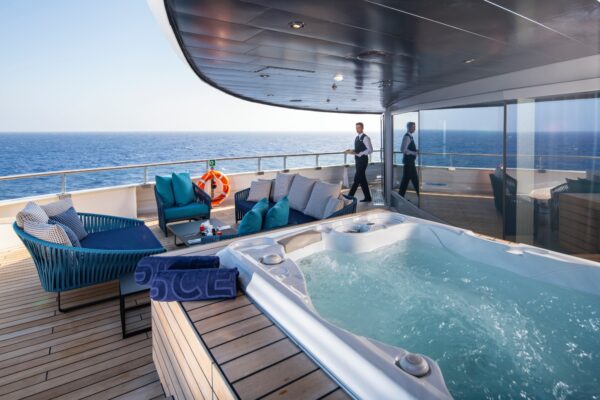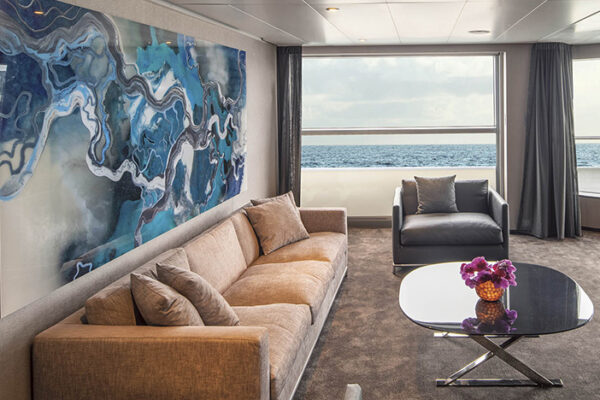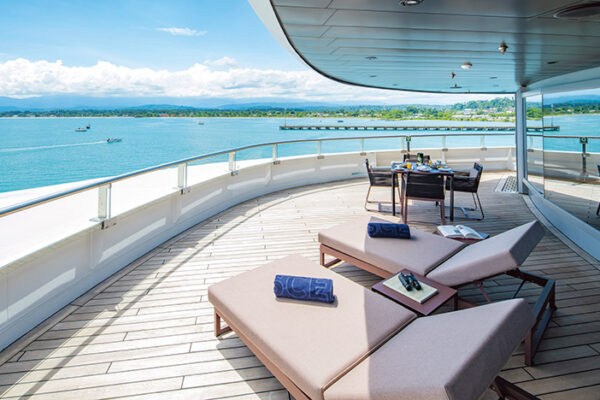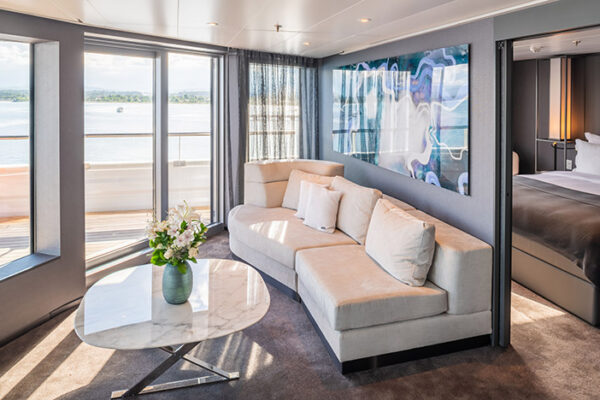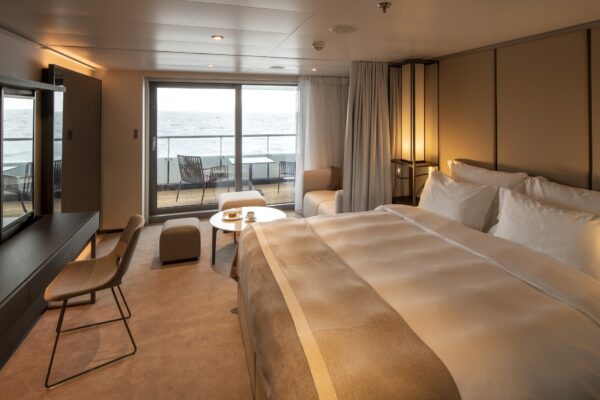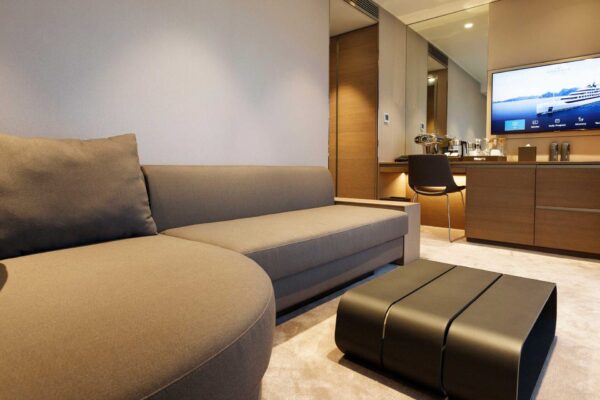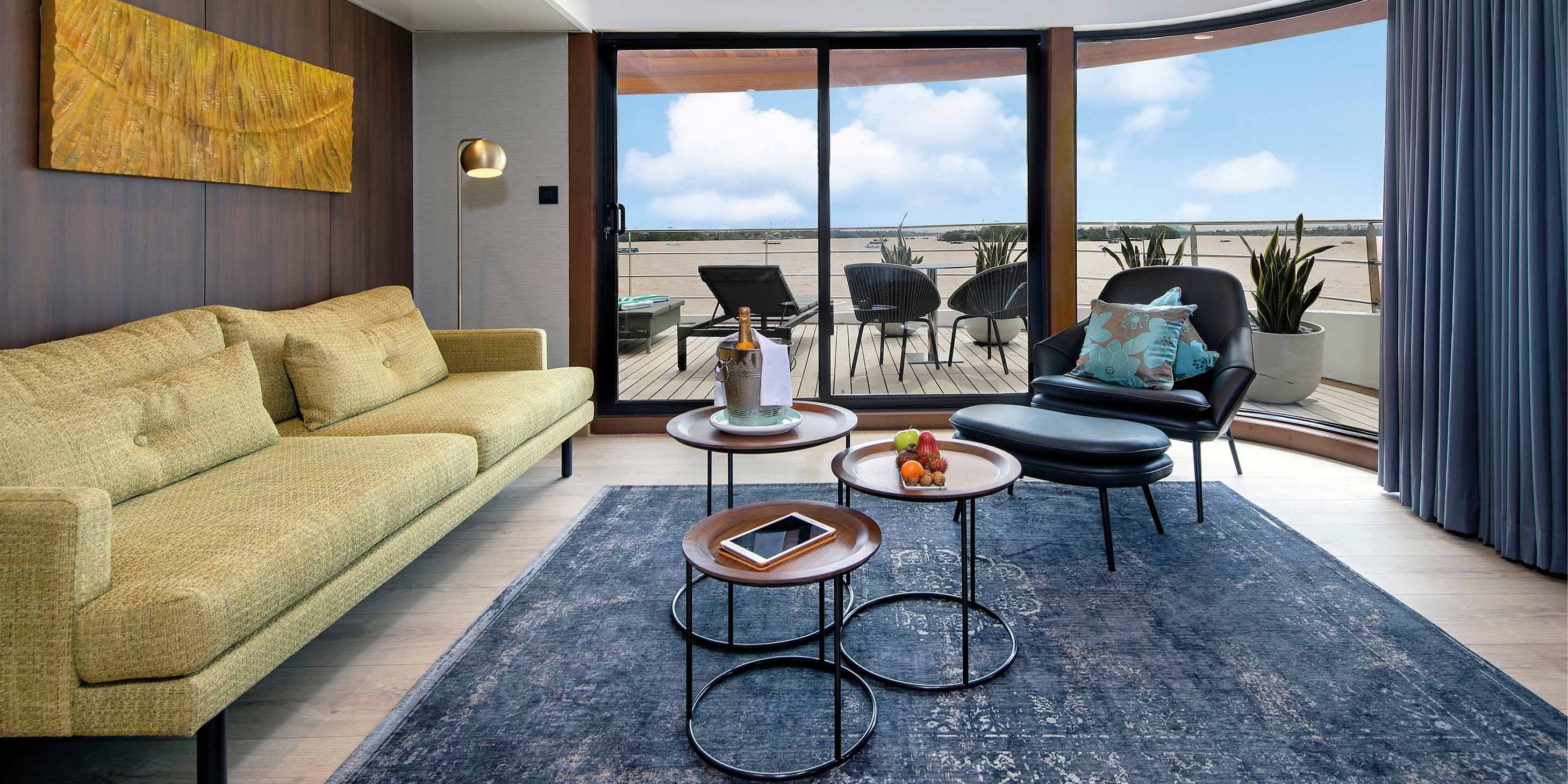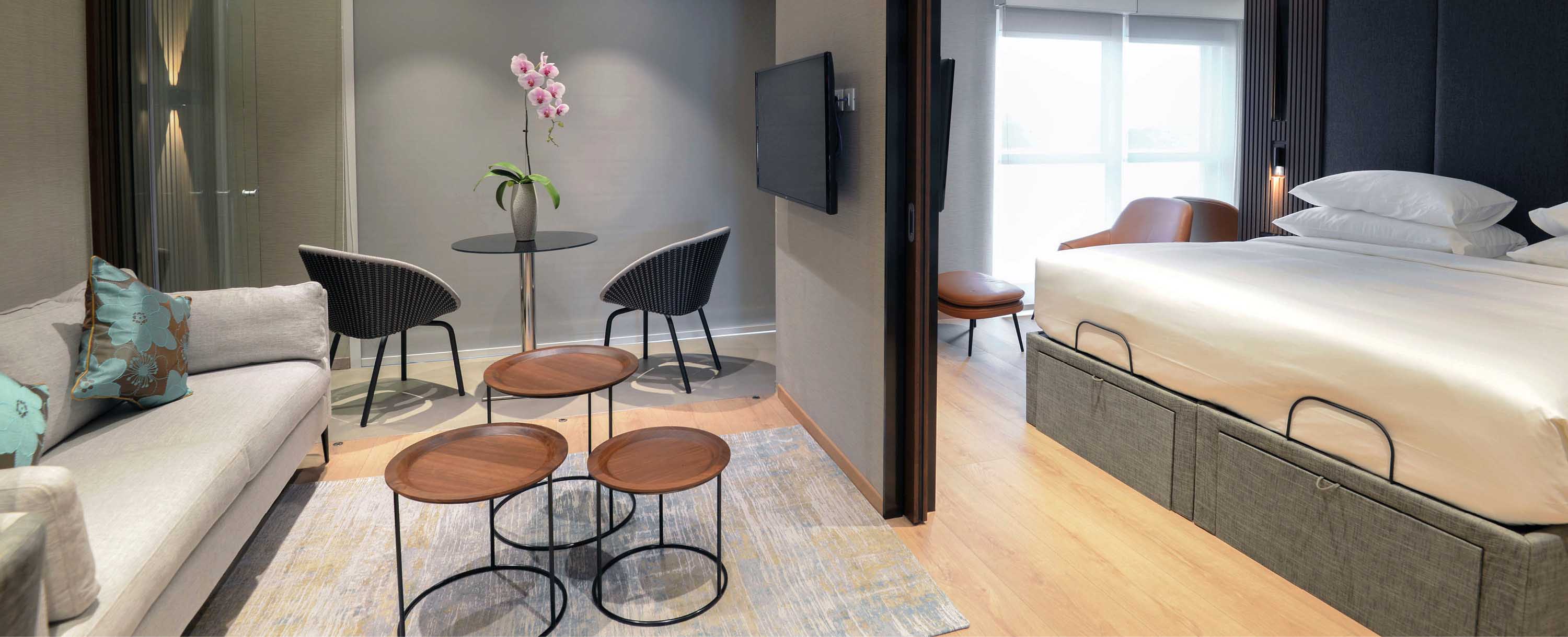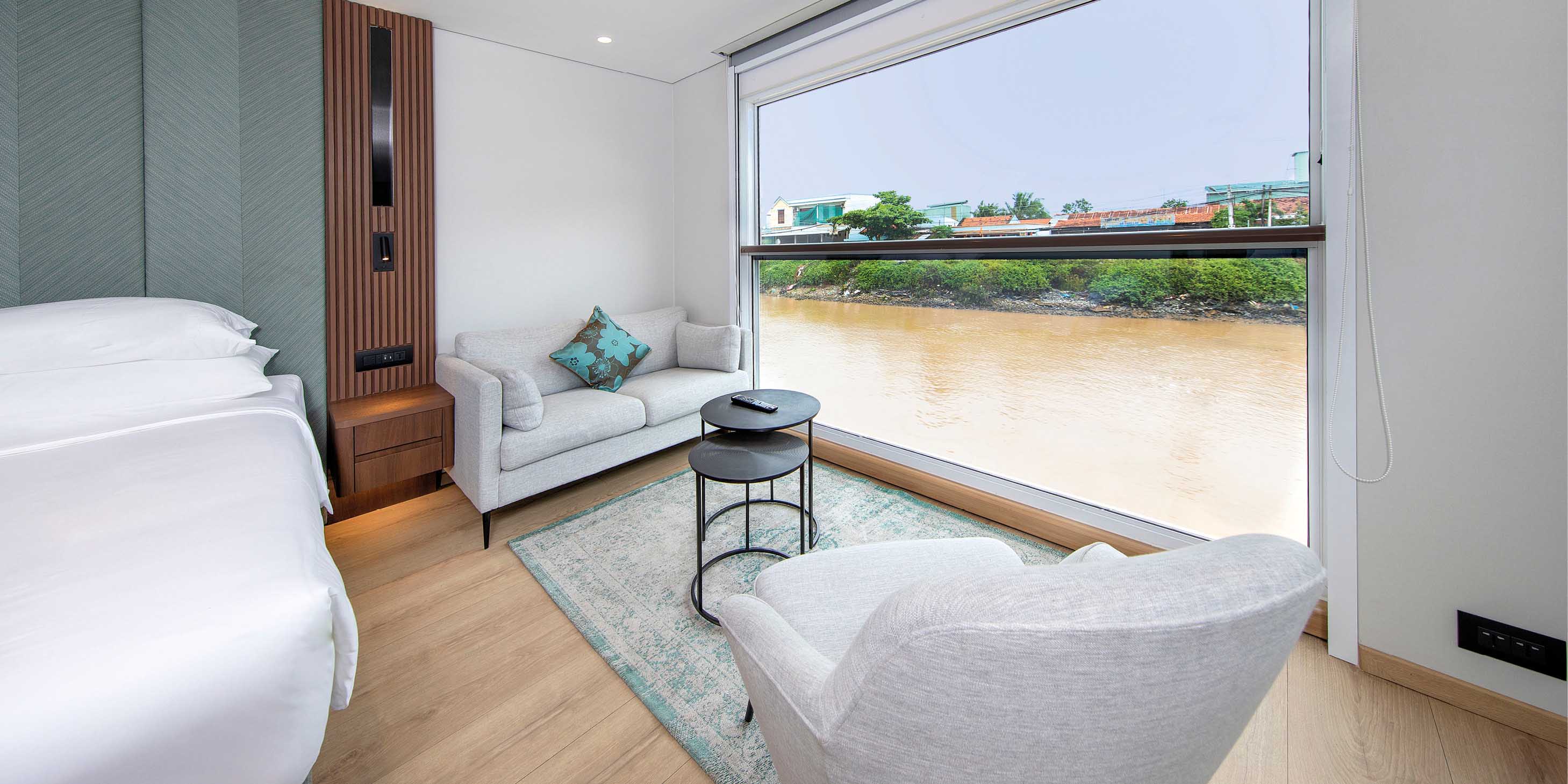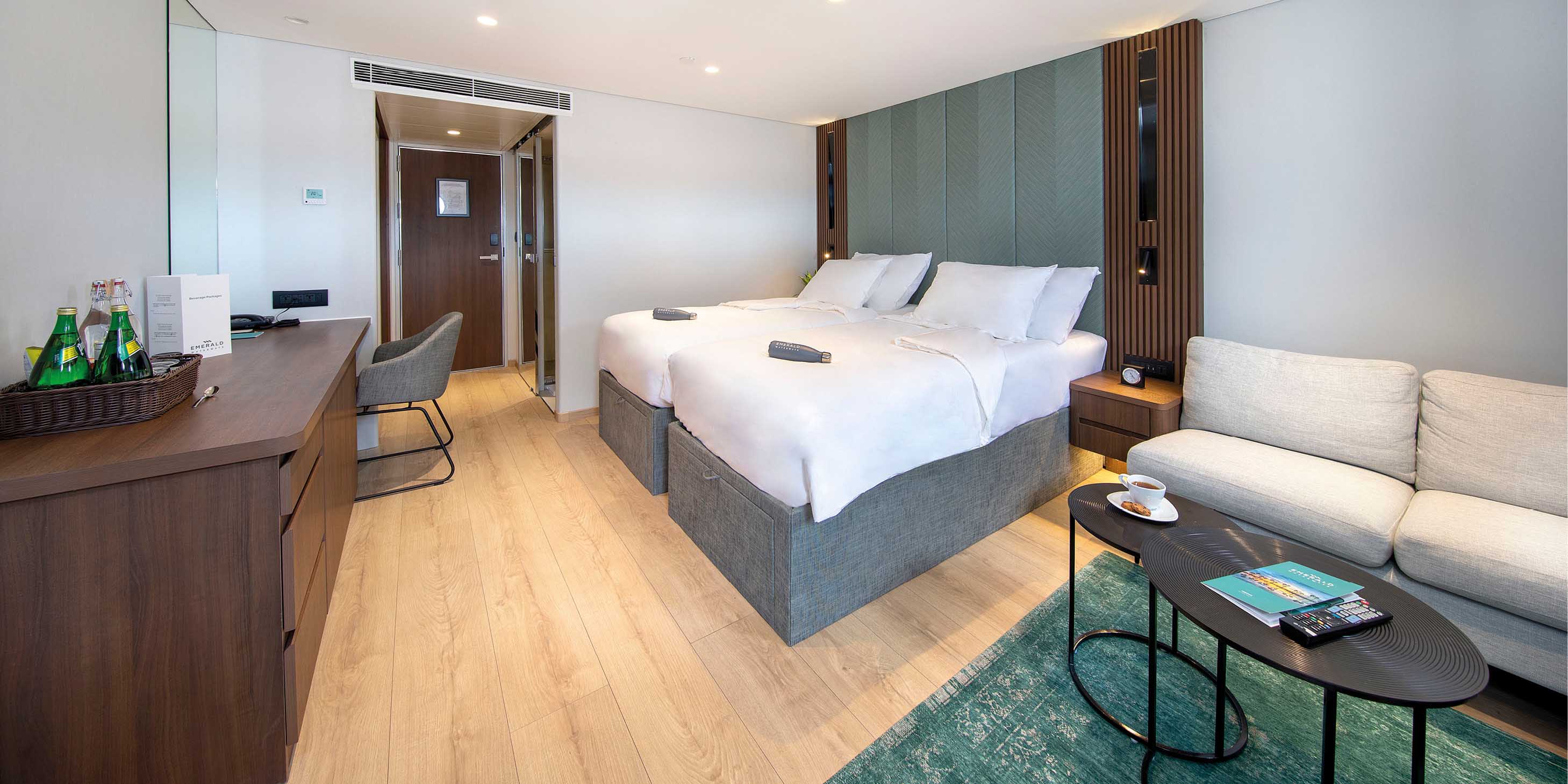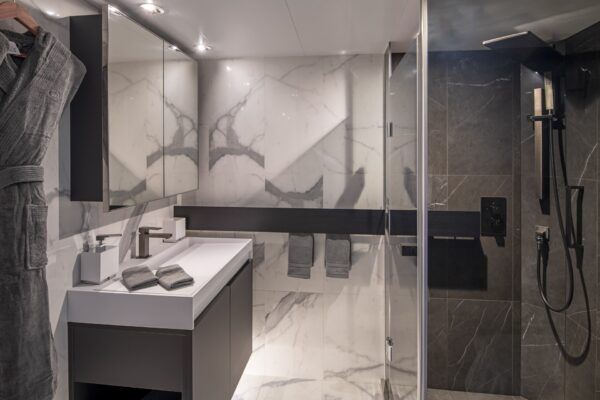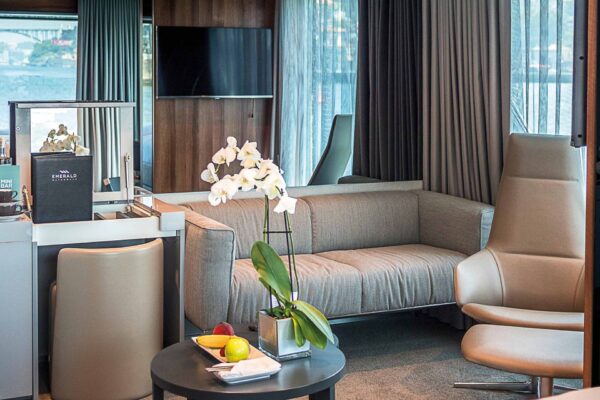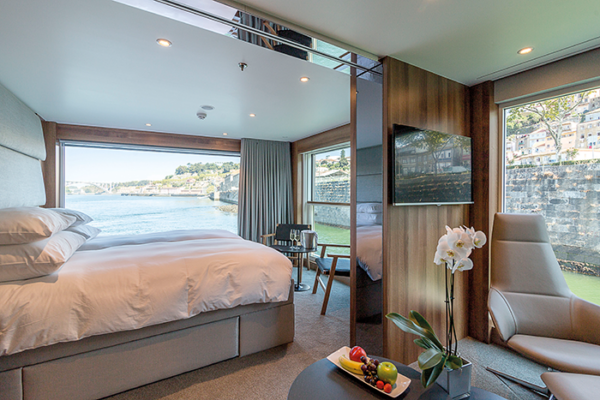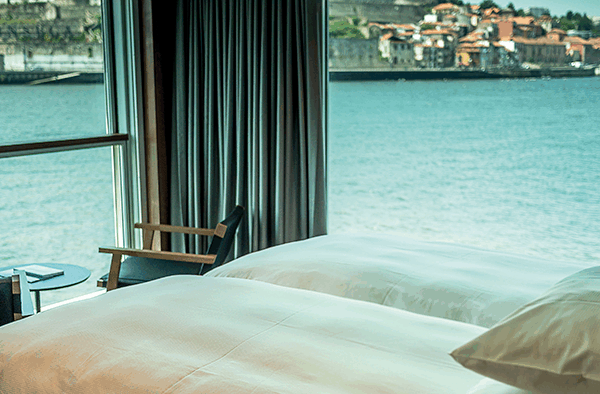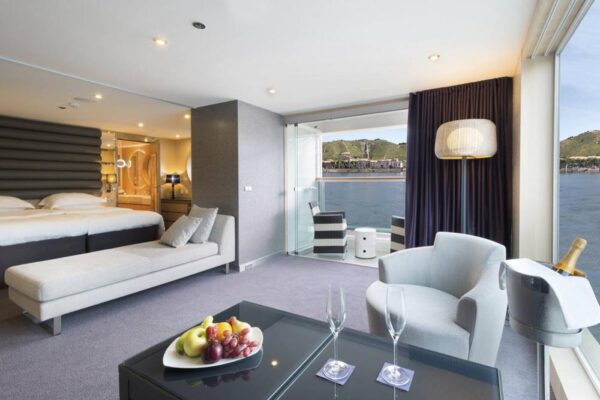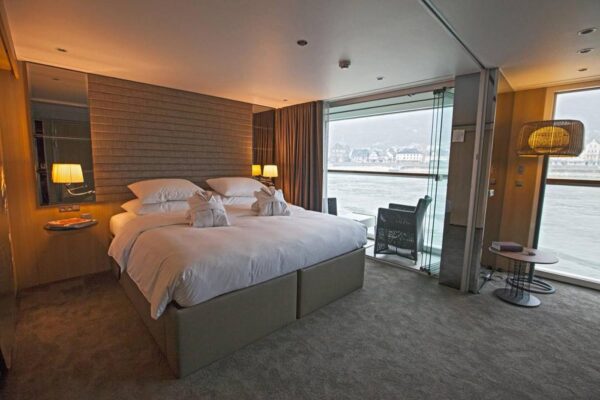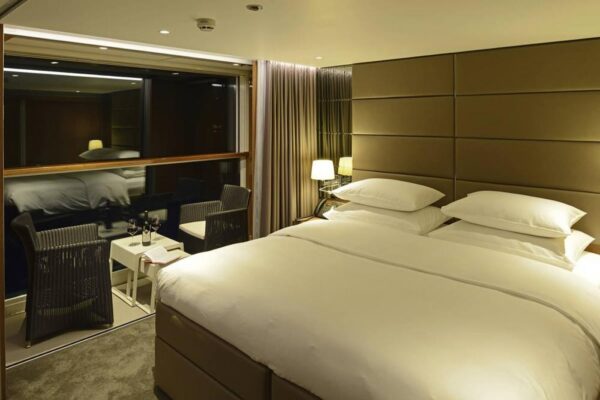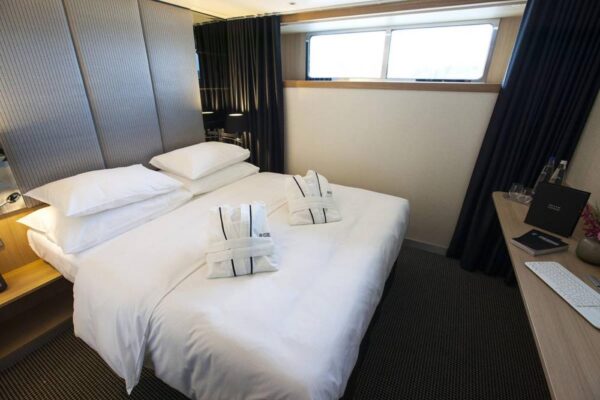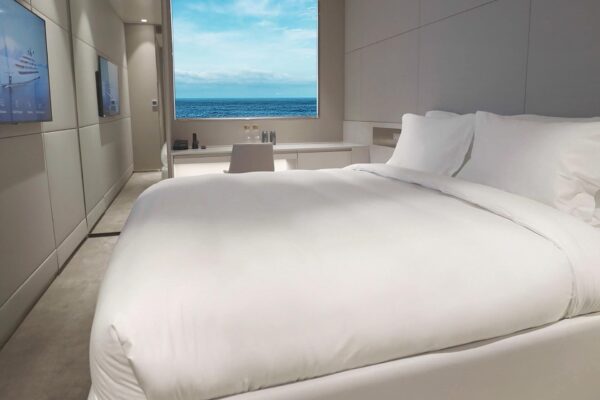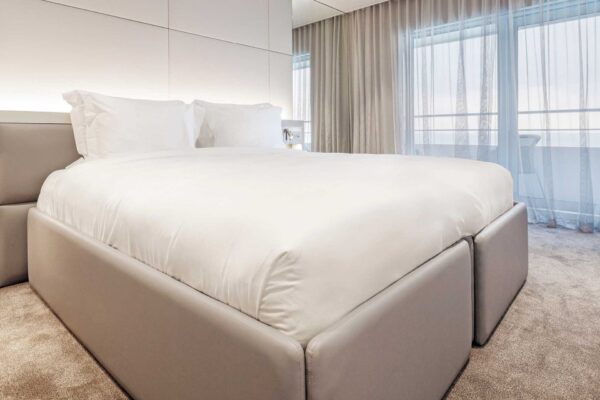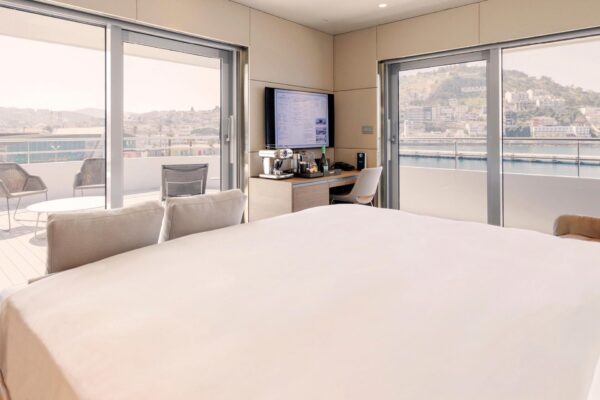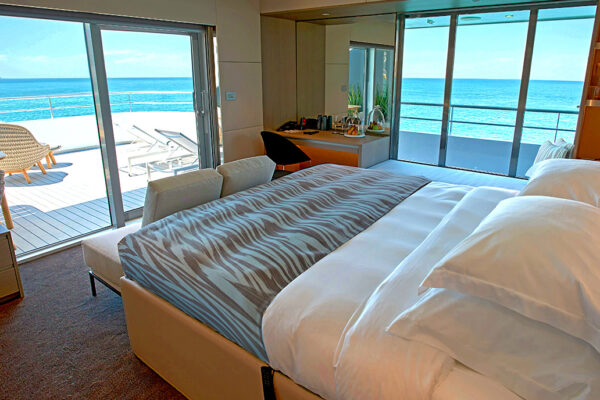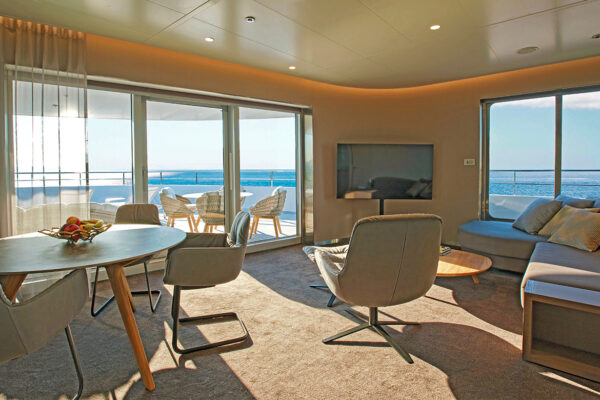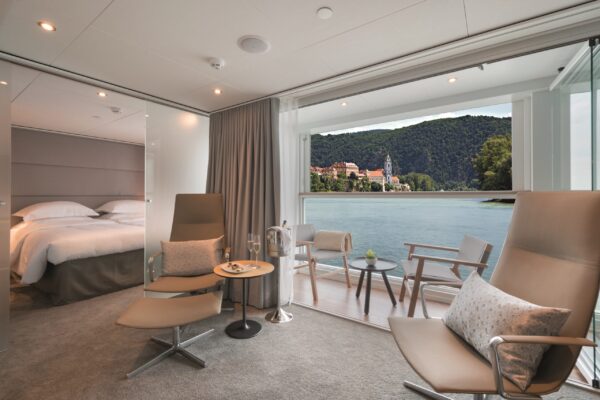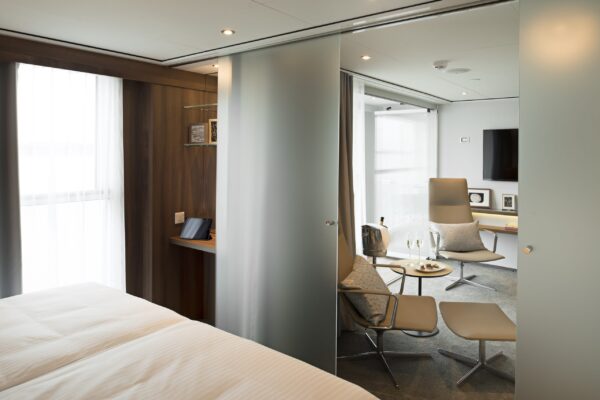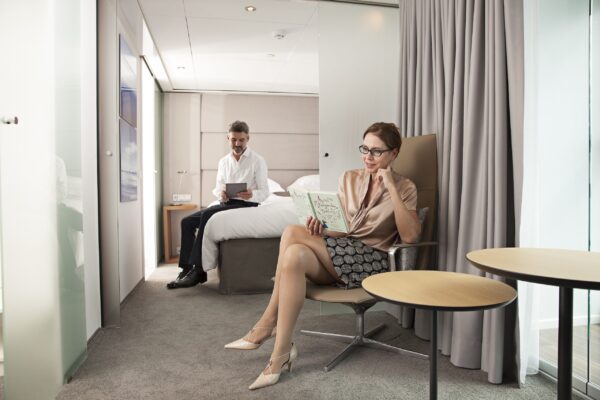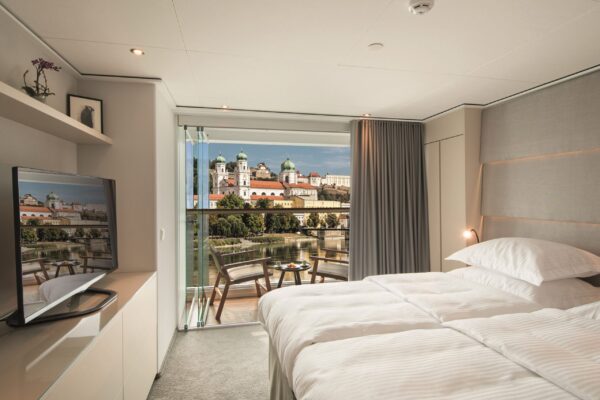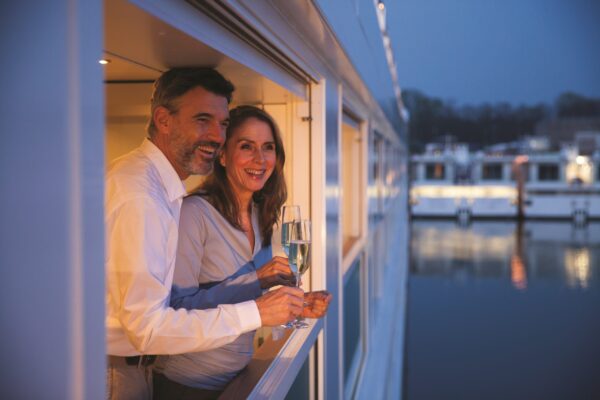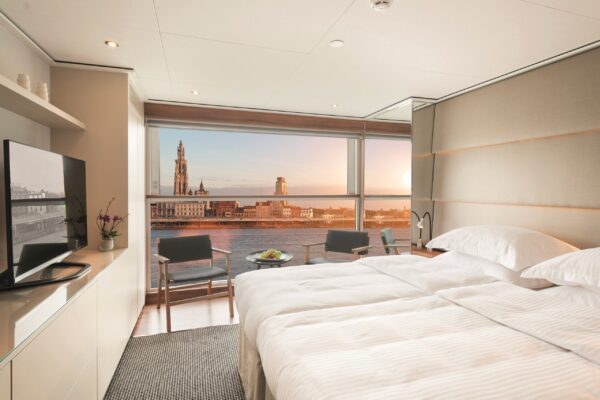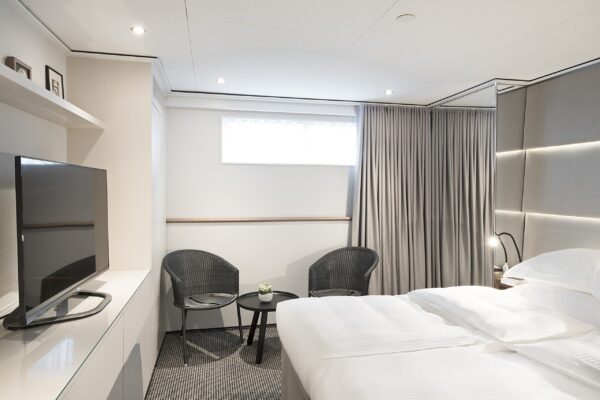Düsseldorf, Germany: A Historical Overview and Top 25 Attractions
History of Düsseldorf
Düsseldorf, the capital city of North Rhine-Westphalia in western Germany, has a history that traces back to the early medieval period. The city’s name, meaning “village at the Düssel,” references the small river Düssel, which flows into the Rhine River at this location. Its earliest known mention was in 1135, when the area consisted of scattered farming settlements. By 1288, the region’s significance had grown enough that Count Adolf V of Berg granted it city rights, a pivotal moment that marked Düsseldorf’s formal establishment as a town.
The Battle of Worringen in 1288 played a critical role in shaping Düsseldorf’s destiny. Following his victory in this battle, Count Adolf V rewarded the village with city status, and the strategic location on the Rhine allowed Düsseldorf to grow steadily into a center of trade and administration. Over the centuries, the city became the capital of the Duchy of Berg and gained importance as a seat of regional nobility.
In the 18th and 19th centuries, Düsseldorf began to flourish culturally and industrially. The city was home to significant artists during the German Romantic period and housed the Kunstakademie Düsseldorf, a world-renowned academy of fine arts. Industrialization in the 19th century turned Düsseldorf into a major manufacturing center, particularly for steel and chemicals, contributing to its role as a leading economic power in Germany.
Düsseldorf endured heavy bombing during World War II, resulting in widespread destruction, but its postwar reconstruction was swift and innovative. Today, the city is a thriving hub of finance, telecommunications, fashion, and art. As one of Germany’s most cosmopolitan cities, Düsseldorf blends its deep historical roots with contemporary urban development and a vibrant cultural scene.
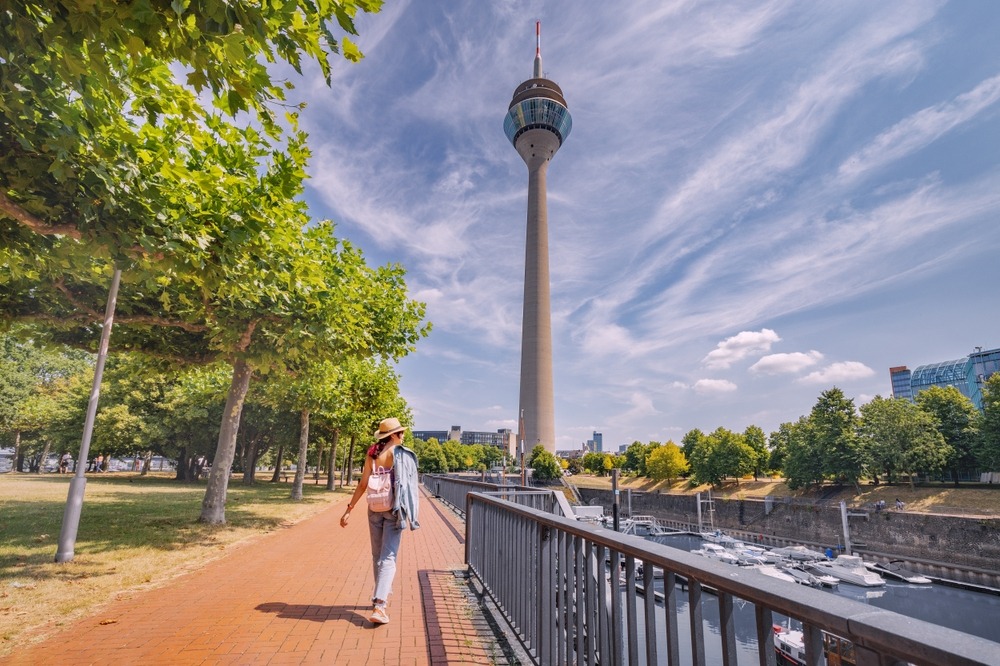
Top 25 Attractions in Düsseldorf
-
Altstadt (Old Town) – Known as “the longest bar in the world” due to its 260+ bars and pubs, Altstadt is also home to cobblestone streets, historic churches, and charming architecture.
-
Rheinuferpromenade – A scenic riverside promenade ideal for walking or cycling along the Rhine, offering views of both the water and the city skyline.
-
Königsallee (Kö) – Düsseldorf’s luxury shopping boulevard, lined with designer boutiques and a picturesque canal, often considered one of Europe’s most elegant avenues.
-
Rhine Tower (Rheinturm) – A striking communications tower offering panoramic views from its observation deck and a revolving restaurant at the top.
-
Schloss Benrath (Benrath Palace) – A Rococo-style palace with elaborate gardens and three museums focused on natural history, gardens, and European aristocratic culture.
-
Kunstsammlung Nordrhein-Westfalen – This art collection spans two museum buildings (K20 and K21) and features works by Picasso, Klee, Warhol, and contemporary artists.
-
NRW-Forum Düsseldorf – A dynamic cultural institution showcasing photography, design, digital culture, and pop art exhibitions.
-
Museum Kunstpalast – An art museum with a wide-ranging collection from classical antiquity to contemporary pieces, located near the Ehrenhof complex.
-
Hofgarten – The city’s oldest public park, beautifully landscaped and located just north of Altstadt, perfect for a tranquil stroll.
-
St. Lambertus Basilica – A Romanesque-Gothic church known for its twisted spire and history dating back to the 13th century.
-
Burgplatz – A central square by the Rhine featuring a historic castle tower and popular for its vibrant atmosphere and proximity to the promenade.
-
Carlsplatz Market – A lively marketplace where locals shop for fresh produce, meats, cheeses, flowers, and gourmet foods.
-
MedienHafen (Media Harbor) – A revitalized former harbor area featuring striking contemporary architecture by Frank Gehry and other renowned designers, as well as trendy restaurants and bars.
-
Japanese Garden at Nordpark – A gift from Düsseldorf’s Japanese community, this serene garden is located within the larger Nordpark, known for its floral displays.
-
AquaZoo Löbbecke Museum – Combining a zoo and natural history museum, it’s popular for families and curious minds interested in aquatic life and biodiversity.
-
Classic Remise Düsseldorf – A paradise for automobile enthusiasts, this restored locomotive roundhouse features vintage and luxury cars on display.
-
Filmmuseum Düsseldorf – An immersive museum dedicated to film history and cinematic technology, including interactive exhibits and a small cinema.
-
Hetjens Museum – A unique museum devoted to ceramics and porcelain, showcasing artistic and functional pieces from across the world.
-
Tonhalle Düsseldorf – A former planetarium turned into a world-class concert hall, offering superb acoustics and a diverse musical program.
-
Düsseldorfer Schauspielhaus – A prominent theater building and performance venue hosting a wide range of contemporary and classical plays.
-
Volksgarten – A beautiful urban park ideal for picnicking and jogging, known for its lush lawns, ponds, and floral arrangements.
-
Kaiserpfalz Kaiserswerth – Ruins of an imperial palace north of the city, dating back to the 11th century, nestled in one of Düsseldorf’s oldest districts.
-
Goethe Museum – Housed in the Jägerhof Palace, this museum is dedicated to the life and works of Johann Wolfgang von Goethe, with original manuscripts and period furniture.
-
EKŌ-Haus der Japanischen Kultur – A center for Japanese culture, this unique complex includes a Buddhist temple, traditional Japanese house, and manicured gardens.
-
Wildpark Grafenberger Wald – A wildlife park offering free entry, where visitors can see native animals like deer, boars, and foxes in a natural forest environment.
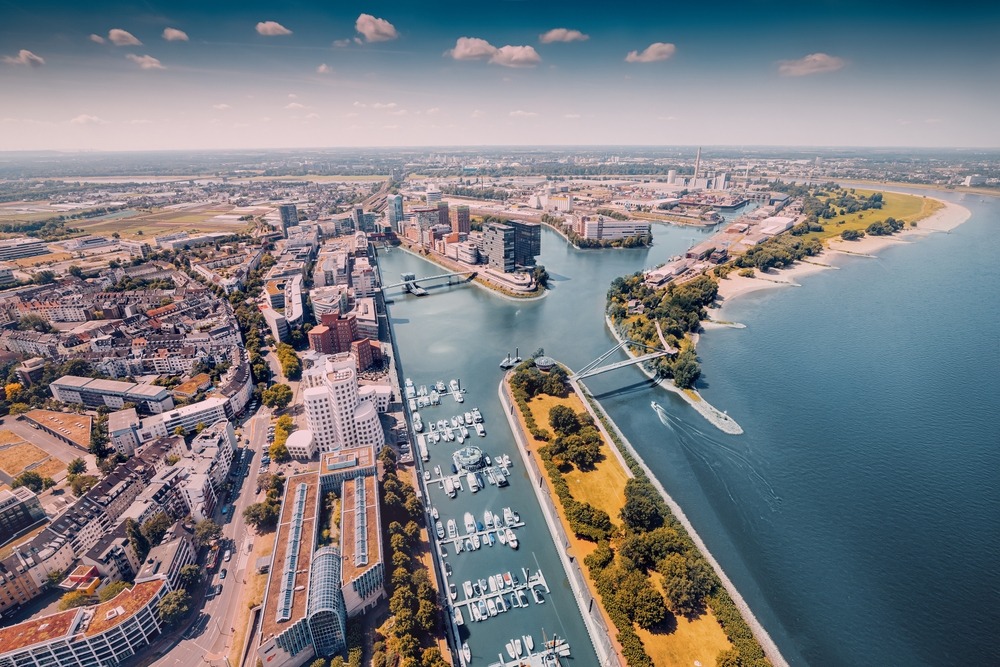
Düsseldorf stands as a city where historical elegance harmonizes with modern vibrancy. From its medieval origins to its current role as an economic and cultural powerhouse, visitors can experience centuries of heritage while enjoying world-class attractions, art, and shopping in one of Germany’s most livable cities.



